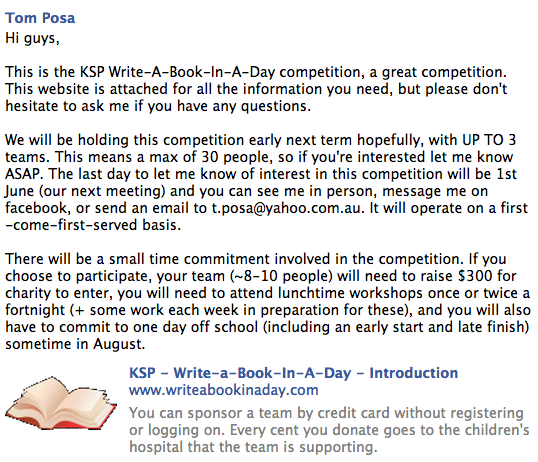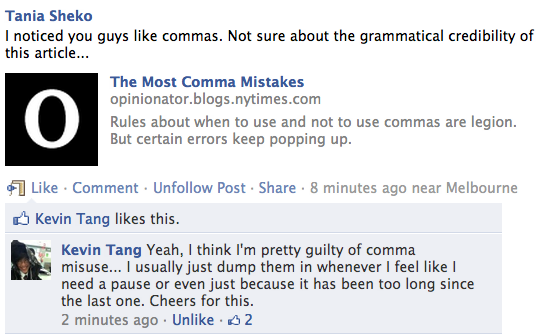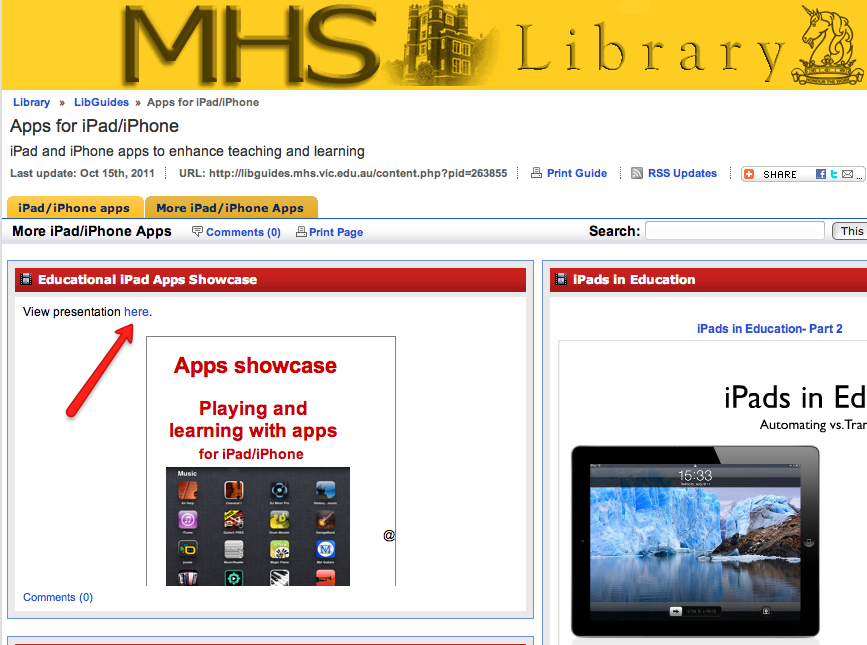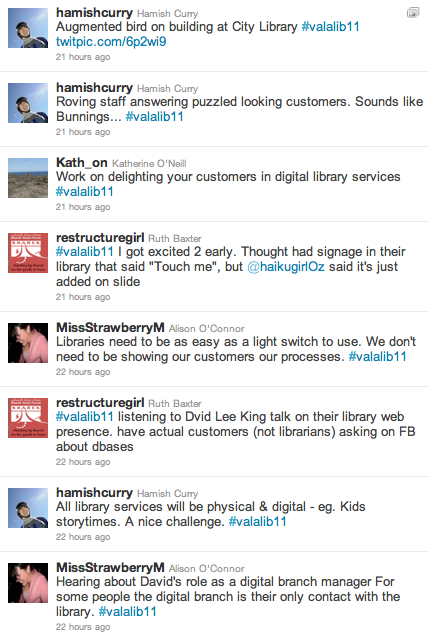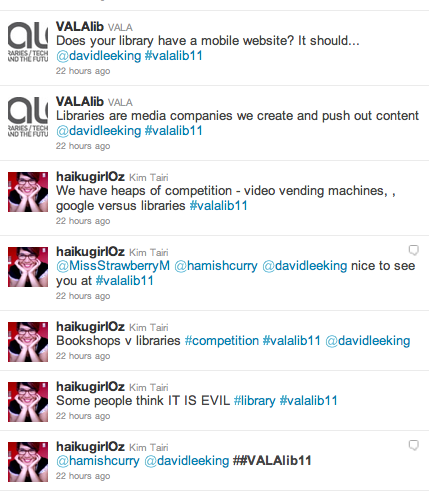When I started at Melbourne High School several weeks into third term last year, I inherited the co-curricular group, Competition Writing. Co-curricular participation is a big thing here. Yes, it’s compulsory but the students are eager to be involved in a range of activities and their passion is palpable.
I knew it would take time to feel my way into the Competition Writing group but I was impatient for the time when I would be accepted as the co-ordinating teacher, the time when I had developed a relationship with the boys, and was eager to reshape the aims and group dynamics, the platforms for participation. The previous teacher had obviously nurtured a committed group of boys, some of whom were capably leading the group in positions of responsibility.
I had a personal mission – to take the focus from winning the competitions to something I consider more important – particularly in a school where competition is second nature to the students. I envisaged an online network which would inform and encourage, a community where collaboration and good will would provide peer support and develop collegial friendships.
And finally it’s happening – gradually the boys are discovering that the Facebook group space is providing an open door for group communication outside school hours, at the time when they actually have the time to share stories, seek advice and provide guidance. The little community is coming to life, and I couldn’t be more pleased.
I’ve always thought it absurd that the teacher is the only audience for student writing. I suppose at my school there is enough impetus to succeed so that students are not unhappy receiving marks and commentary from their teachers. But it’s not empowering enough, not a way to prepare students for life. They are not going to be working in isolation in their jobs, and their success will hinge on the way they collaborate with their colleagues, not compete with them. The boys in this group have begun to realise how much they can learn when they share their writing (in
the group’s blog, UnicornExpress), and share advice and constructive criticism. I’m impressed with their preparedness to ask for this criticism, their instinctive awareness that they can only benefit from others’ feedback instead of feeling insecure and remaining inflexible with regard to an editing process.
I can’t measure the extent to which their writing has changed since they know it’s being read by others in the group, but I imagine it would be an incentive, just as
the Year 9s have been finding their own voice as they write to a peer audience in their blogs. And although I still post far too frequently (too much to share!), the boys are starting to own the Facebook group, taking the initiative to share what they know and take the lead. They have been respectful and positive, empowered and empowering – this is what the media should communicate to balance out the negative, fear-mongering articles which colour people’s view of social media and put the fear into parents and principals.
I’m proud of my boys – proud of their passion and willingness to share and nurture, and privileged to be a part of their collective talent and passionate involvement.
I’d like to finish off by showing you the kind of interaction that takes place in the Facebook group – bearing in mind this is out of school hours (Facebook is blocked at school). So here’s a snapshot of the Facebook group activity:
The students are asking intelligent questions –
They are really ‘getting’ the importance of community –
They are sharing the things they do outside school –
They are sharing their expertise and ideas –
Troubleshooting –
They’re asking for help and giving it –
Practising leadership –
There is a willingness to learn and keep learning –
I’m proud of my students and feel privileged to be a part of their dynamic community.








